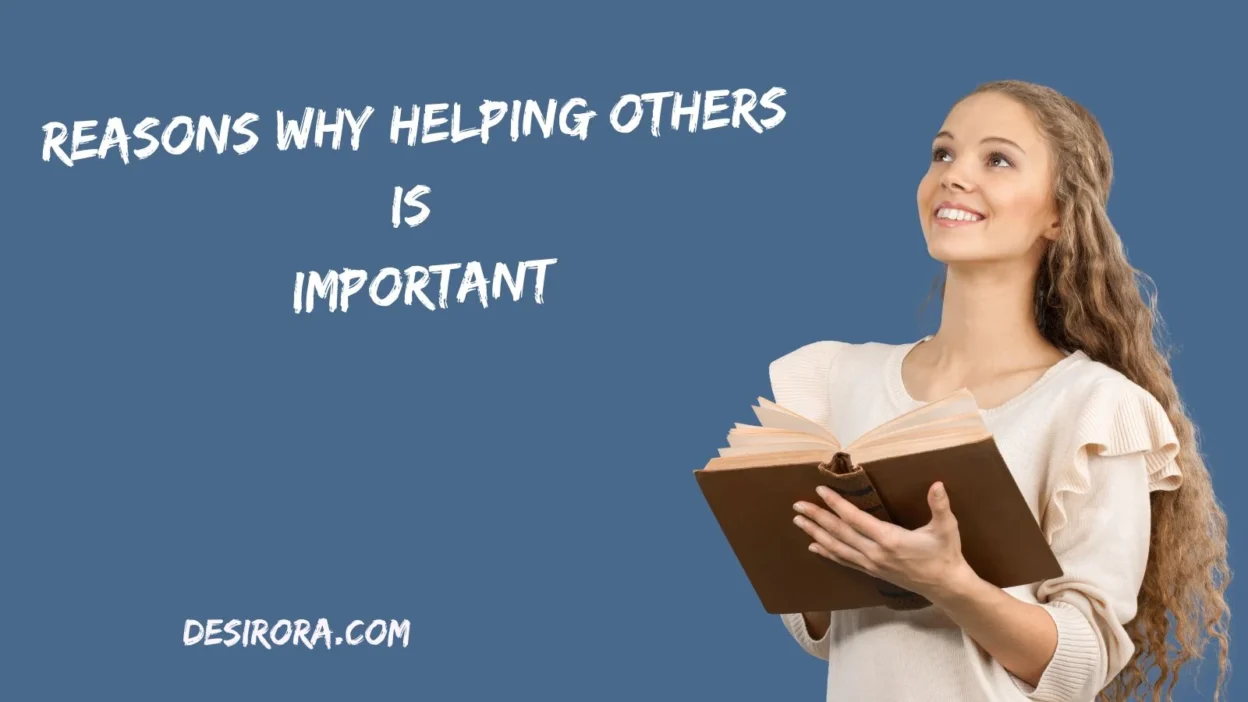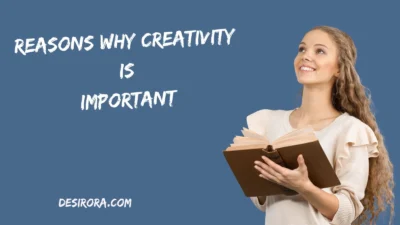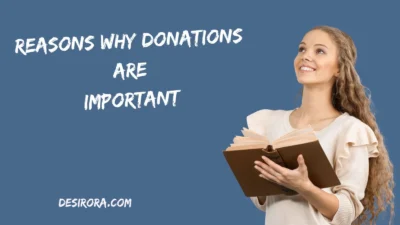Helping others isn’t just about charity—it’s about connection, purpose, and making the world a little brighter. Whether it’s lending a hand to a neighbor, volunteering at a shelter, or simply offering a smile, every act of kindness counts.
In this article, we’ll explore why helping others is so important—emotionally, socially, and even biologically—and how it can transform both your life and the lives of those around you.
The True Meaning of Helping Others
Helping others goes beyond money or material aid. It’s about empathy—the ability to feel someone else’s pain or joy. When you help, you acknowledge another person’s humanity.
As the old saying goes, “A candle loses nothing by lighting another candle.”
It could be:
- Sharing your time or expertise.
- Offering emotional support.
- Donating resources or energy.
- Or simply being there when someone needs to be heard.
True help comes from compassion, not from obligation.
The Science Behind Acts of Kindness
Science backs up what our hearts already know: helping others makes us happier.
Studies from Harvard and Oxford University show that people who engage in regular acts of kindness experience:
- Reduced stress and anxiety
- Increased serotonin and dopamine levels (the “feel-good” chemicals)
- Lower blood pressure and improved heart health
There’s even a name for this—the “Helper’s High.”
When you do something good, your brain releases endorphins, making you feel energized and fulfilled.
Emotional and Mental Benefits of Helping Others
Helping others doesn’t just make the world better—it makes you better too.
Here’s how:
- Boosts mood: Acts of kindness combat depression and loneliness.
- Creates purpose: You feel needed and valued.
- Reduces anxiety: Helping shifts your focus from your problems to solutions.
- Builds resilience: It strengthens your sense of belonging and meaning.
🧠 Example: Volunteering at a senior home, even once a week, can lift your mood more effectively than scrolling on social media or wallow-watching shows.
How Helping Others Builds Stronger Communities
When people help one another, communities thrive.
A simple act—like neighbors supporting each other during tough times—creates a web of trust and cooperation.
Benefits for society include:
- Safer environments
- Improved mental health across groups
- Stronger local economies
- More compassion-driven leadership
👉 Think about community clean-up drives, food-sharing programs, or blood donation camps—each small effort strengthens the social fabric.
The Ripple Effect: One Good Deed Inspires Another
Ever noticed how kindness spreads?
When one person helps, it inspires others to do the same—a phenomenon known as “emotional contagion.”
🪣 Example:
You pay for someone’s coffee, they feel grateful and might hold the door for someone else. That’s the ripple effect in motion.
So yes, one small act can trigger a chain of compassion across an entire community.
Ways You Can Help Others in Daily Life
You don’t need grand gestures or a big bank account to make a difference.
Here are simple, everyday ways to help:
- Listen when someone needs to talk.
- Donate unused clothes or books.
- Mentor someone starting out in your field.
- Support small local businesses.
- Compliment people genuinely.
💡 Pro tip: The easiest way to help is to ask, “How can I make your day a bit better?”
Helping Others at Work and in Professional Life
Workplaces thrive when employees support each other.
Helping a colleague doesn’t just improve teamwork—it builds a positive company culture.
Here’s how you can be a helper at work:
- Offer to assist a coworker struggling with deadlines.
- Share your skills or resources.
- Celebrate others’ successes without envy.
- Mentor interns or juniors.
🏆 Companies with “helping cultures” report higher productivity, creativity, and job satisfaction.
The Role of Empathy and Compassion in Giving
Empathy is the heart of helping.
When you put yourself in someone’s shoes, you understand their emotions—and that drives meaningful action.
Empathy vs. Sympathy Table:
| Term | Meaning | Example |
| Empathy | Feeling with someone | “I understand your pain, and I’m here for you.” |
| Sympathy | Feeling for someone | “I’m sorry you’re hurting.” |
Empathy fuels compassion, and compassion fuels change. Without it, helping becomes a transaction rather than a transformation.
Cultural and Spiritual Views on Helping Others
Across cultures and faiths, helping others is a universal virtue.
- Islam: Encourages Sadaqah (voluntary charity) as a path to blessings.
- Christianity: “Love your neighbor as yourself.” (Mark 12:31)
- Hinduism: Emphasizes Seva (selfless service).
- Buddhism: Highlights compassion (Karuna) as essential for enlightenment.
🌍 Every culture recognizes that giving unites humanity.
Overcoming Barriers to Helping Others
Sometimes, people hesitate to help because of:
- Fear of being judged
- Lack of time or resources
- Emotional burnout
- Belief that one person can’t make a difference
But remember: you don’t need to do everything—just something.
Even a text message, a small donation, or a kind gesture counts.
Helping Others Without Expecting Anything in Return
The purest form of giving expects nothing back.
When you help selflessly, the reward is inner peace.
💬 As Lao Tzu once said, “Kindness in giving creates love.”
It’s not about recognition—it’s about doing what’s right, even when no one’s watching.
Real-Life Examples of Helping Others That Changed Lives
- The Ice Bucket Challenge: Began as a small idea and raised over $115 million for ALS research.
- Pay It Forward Cafés: Customers prepay for meals for those in need.
- Everyday heroes: Like strangers rescuing animals, funding education for others, or offering rides to the older people.
These examples prove that helping doesn’t need fame—it just needs heart.
Helping Others and Personal Growth: How It Transforms You
When you help others, you grow emotionally, spiritually, and mentally.
- You gain perspective.
- You learn gratitude.
- You build self-esteem.
- You develop leadership and communication skills.
Helping others often helps you discover your own strength and purpose.
The Connection Between Gratitude and Helping Others
Gratitude and kindness are two sides of the same coin.
When you’re thankful, you’re more likely to help. When you help, you feel more thankful.
Try this:
Keep a “Kindness Journal.” Write down every time you help someone or someone helps you.
You’ll be surprised how much good surrounds you when you start noticing it.
Why Helping Others Makes the World a Better Place
Imagine a world where everyone did one kind thing a day.
There’d be less loneliness, more trust, and stronger communities.
Helping others creates hope. It’s contagious, uplifting, and healing.
It reminds us that humanity is still alive and thriving—one act at a time.
FAQs About Helping Others
1. Why is helping others important in life?
Because it builds empathy, strengthens communities, and makes both the giver and receiver happier and healthier.
2. How does helping others improve mental health?
It releases feel-good hormones, reduces stress, and promotes emotional well-being.
3. What are simple ways to help others every day?
Listening, smiling, volunteering, donating, mentoring, and spreading positivity.
4. Can helping others make you more successful?
Yes. Helping builds networks, trust, and emotional intelligence—key factors in personal and professional growth.
5. What happens when people stop helping each other?
Society becomes fragmented and isolated. Compassion fades, and so does progress.
Conclusion
Helping others is more than a moral duty—it’s a life philosophy.
It connects, heals, and transforms both the giver and receiver. Every small act of kindness adds up, creating waves of positive change across the world.
So, next time you have the chance, lend a hand. Not because you have to—but because you want to.
After all, helping others is the easiest way to make the world, and yourself, a little better every day. 🌍💛

Thomas Hardy is a passionate innovator and thoughtful leader, dedicated to transforming ideas into lasting success. With creativity and purpose, he brings vision and authenticity to everything he does.



